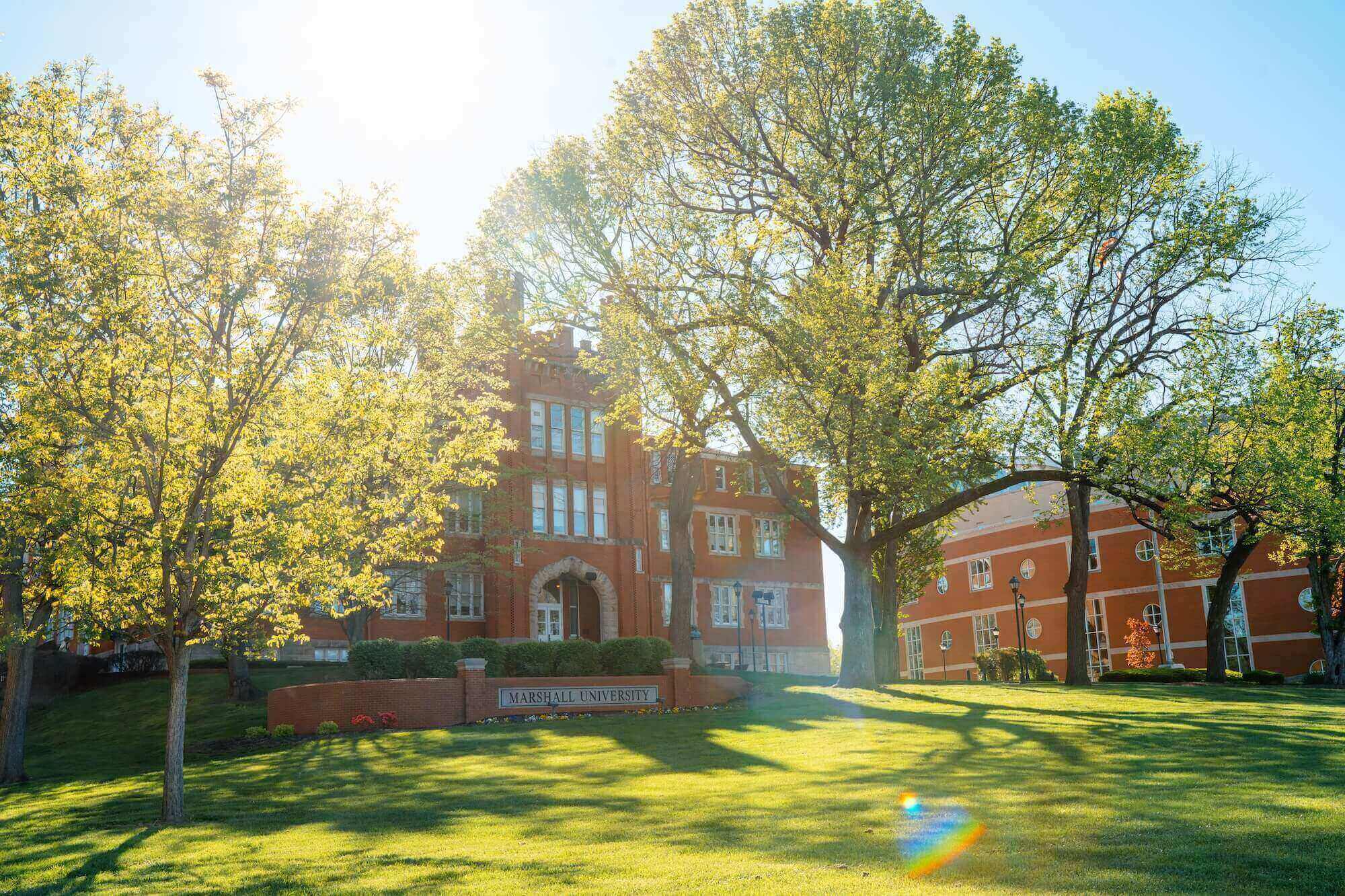Common Search Terms:

Marshall University News
What's happening at Marshall University
Recent Moments
 Replacing A Legend
Apr 2, 2025
Replacing A Legend
Apr 2, 2025
 Marshall’s expanded Metro Tuition Rate is opening doors for out-of-state students
Mar 11, 2025
Marshall’s expanded Metro Tuition Rate is opening doors for out-of-state students
Mar 11, 2025
 Dual Credit programs give high school students a head start
Feb 17, 2025
Dual Credit programs give high school students a head start
Feb 17, 2025
 A Marshall trio
Feb 17, 2025
A Marshall trio
Feb 17, 2025
 Big Success from Small Creatures
Feb 10, 2025
Big Success from Small Creatures
Feb 10, 2025
 Inspiring change in Appalachia
Jan 16, 2025
Inspiring change in Appalachia
Jan 16, 2025
 Marshall alum’s film wins best narrative feature at Montana festival
Dec 8, 2024
Marshall alum’s film wins best narrative feature at Montana festival
Dec 8, 2024
Upcoming Events
Tech Connect: Adobe Acrobat AI Assistant
April 17
Students
Black Huntington History Trolley Tours
April 17
Students,
Faculty & Staff,
Alumni
Fostering Independence
April 17
Students
Herd Academy Open House
April 17
Prospective Students
Easter Egg Painting
April 17
Students
Marshall University Softball vs Coastal Carolina- We Are…United
April 17
Amicus Curiae – Jared Fishman
April 17
Students,
Faculty & Staff,
Alumni,
General Public,
Prospective Students
Guitar Studio Recital
April 17
Joshua Allfrey Senior Recital
April 17
Marshall University Softball vs Coastal Carolina- Disney Day
April 18
Recent News Releases
Marshall appoints Bookwalter as interim provost
April 17, 2025
Four Honored with Women of Marshall Awards
April 17, 2025
National Prescription Drug Take Back Day set for April 26
April 15, 2025
Featured Videos



More News
College of Arts and Media
College of Business
Marshall welcomes Harvard Business School students
October 15, 2024
Tricia Ball returns to Marshall to lead the iCenter
October 2, 2024
Eng named interim dean of the Lewis College of Business
July 11, 2024
College of Education and Professional Development
Iconic West Virginia schoolhouse named to National Schoolhouse Register
February 24, 2025
Tickets on sale for seventh annual TEDxMarshallU event
December 18, 2024
College of Engineering and Computer Sciences
Marshall University to host 5th annual Cyber Safety Summit on Nov. 20
November 18, 2024
MU Cyber Team places eighth in Emagine The Future cyber competition
November 6, 2024
College of Health Professions
Marshall University receives gift for renovations to Gullickson Hall
October 10, 2024
College of Liberal Arts
College of Science
Marshall University maintains Carnegie Research 2 ranking
February 24, 2025
Marshall celebrates excellence in grantsmanship and grant growth
February 4, 2025



